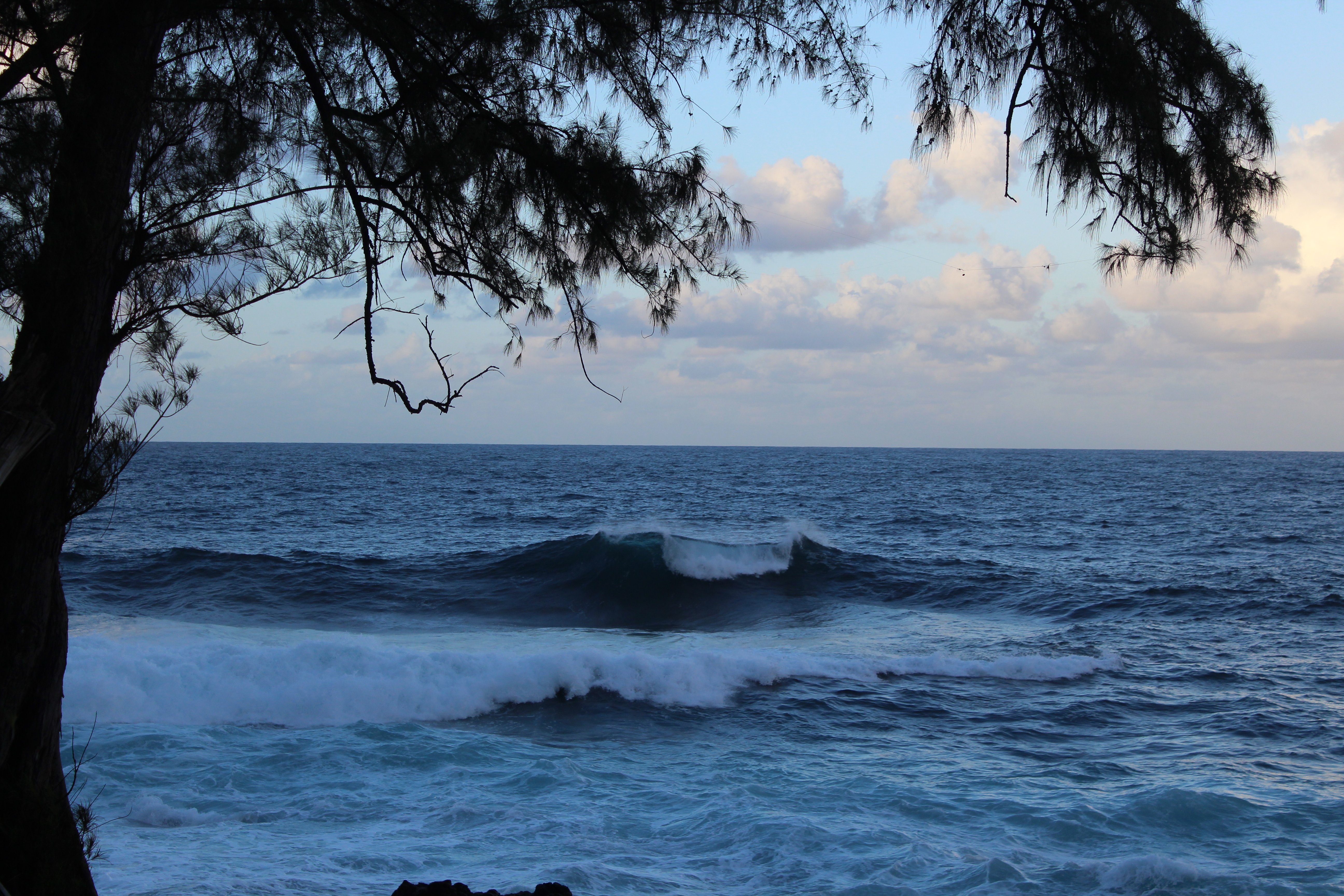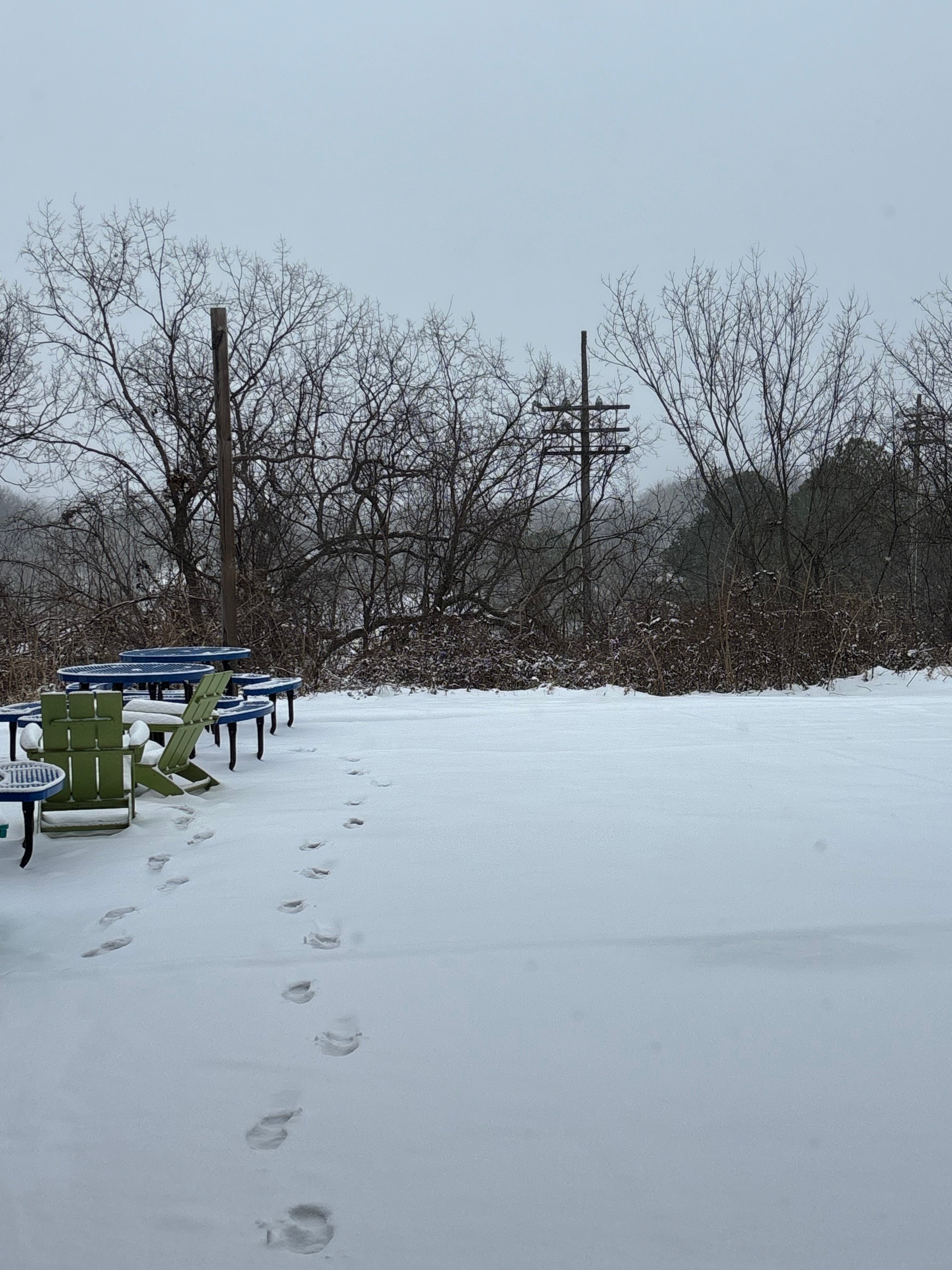![]()
Eleven years ago, former Kanakuk director Pete Newman was imprisoned for sexually abusing boys at the popular Christian summer camp, but recent reports and petitions say more child sex abuse is hidden from the public.
On March 28, a report published in The Dispatch by David and Nancy French revealed a civil complaint alleging there were “at least 57 victims,” but the prosecutor speculated there could be “hundreds,” during Newman’s 15 years at the Missouri camp. The article goes on to describe Newman as a “superpredator,” for his actions of grooming and abuse.
In their mission statement, Kanakuk seeks to equip the “next generation leaders,” of over 450,000 “Kampers,” across the United States and world through “leadership skills and Biblical truths to impact their schools and communities.”
A new website, FactsAboutKanakuk.com, launched this year to cover the sexual allegations, timeline of events, update of legal cases, number of open victims, “dark secret[s],” of the camp and resources for victims and their families. A petition was created to force Kanakuk to release victims and their families of non-disclosure agreements (NDAs) that legally obstruct their testimonies against the camp.
Karis Trippe, senior electrical engineering at John Brown University and former counselor at Kanakuk in 2018, said the camp did mention the incident at camp through the sexual harassment training she took in her counselor orientation.
“[The camp did not] just assume that because you are all Christians that you will follow all the rules,” Trippe said. “As far as they did [handle] it, I felt it was very well addressed … there was constant accountability.”
Trippe believes Kanakuk does trust their new counselors but reminds counselors to remain vigilant of people’s sins.
Acts of forgiveness is a critical component in the Christian faith because it – attempts – to imitate Christ and God in our lives. Forgiving our enemies or heinous criminals is an impossible job to perform due to the rash emotions, nauseous reactions or traumatic past circumstances that limit peoples’ capability to forgive.
Yet forgiveness is not the responsibility of people to bear full, it is God who handles the final judgment. In Isaiah 55:7, the author commends “the wicked [to] forsake their ways and the unrighteous their thoughts … [but] turn to the LORD, and he will have mercy on them … [and] he will freely pardon,” (NIV).
Instead, the situation should focus on accountability from Kanakuk. As previously stated, many victims signed NDAs to receive swift justice against Newman’s actions, but it stops them from full closure.
In James 5:16, James wrote “Therefore confess your sins to each other and pray for each other so that you may be healed. The prayer of a righteous person is powerful and effective.”
Alonso Arrieta, freshman electrical engineering major at JBU, said the consequences of these actions should be separated as “humans and not Christians,” because it is not “our job to forgive.”
“Kanakuk, any church that is involved, should be vulnerable and transparent as they [legally] can,” Trippe said. She emphasized that organizations should claim the flaws made with their employment and attempt to grow from it. “As Christians, we shouldn’t be afraid to address our mess … [and] embrace that we are sinful but strive for the Lord.”
As David and Nancy Fresh wrote:
The response is simple. There is no statue of limitations on truth. While there are limitations on legal processes, there are not statutes of limitations for individuals and institutional accountability. A false narrative has circulated about Kanakuk for a decade, and parents have sent children to the camp without knowledge of its history or access to material facts.
Nobody resigned as a result of the failure to stop a decade of abuse. There was no disciplinary actions against any of Newman’s supervisors, and Joe White is still the head of the camp today.





